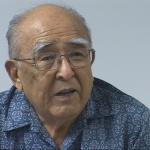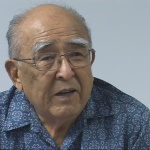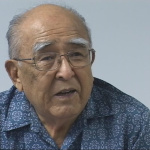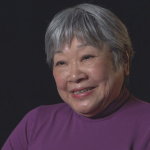Doris Matsui
| Name | Doris Matsui |
|---|---|
| Born | September 25 1944 |
| Birth Location | Poston, Arizona |
| Generational Identifier |
Member of U.S. House of Representatives representing the Sacramento, California, area since 2005. Doris Okada was born in the Poston , Arizona concentration camp on September 25, 1944, where her Nisei parents had met and married. Her father had run a seed business prior to the war, and her mother came from a successful farming family. She grew up in Dinuba, California. She attended the University of California at Berkeley and graduated with a degree in psychology; she also met a law student named Robert Matsui , whom she married in 1966. Robert Matsui pursued a political career that saw him elected to the House of Representatives in 1978, where he served for twenty-six years.
Doris Matsui's political career began with her early support of President Bill Clinton, which led to her being part of the transition team prior to his taking the White House. President Clinton subsequently appointed her to the White House Office of Public Liaison (OPL), a body that builds connections with the public to shape and promote presidential policies. Working under OPL director Alexis Herman, she was charged with building Asian American support for the president and his initiatives, among other duties. [1] She left the White House in 1998 and worked as a lobbyist for Washington law firm Collier Shannon Scott and was chairman of the board of Sacramento public television station KVIE.
Robert Matsui died after a brief illness while still in office on January 1, 2005. Encouraged by him to run for his seat just prior to his death, she opted to do so and was victorious in a special election on March 8, 2005, and sworn in two days later. She won reelection in 2006 and in three subsequent elections. She was a co-sponsor of legislation that led to the formation of the Japanese American Confinement Sites Grant program in 2006 and has spoken often on the need to keep the incarceration story alive and of her own connection to the story. She had also lobbied for redress legislation in 1980s. [2]
For More Information
Official website, http://www.matsui.house.gov/ .
Kouters, Angela. "Matsui, Doris." In Encyclopedia of Women and American Politics . Edited by Lynne E. Ford. New York: Facts On File, Inc., 2008. (Updated 2012.) American Women's History Online, Facts On File, Inc., http://www.fofweb.com/History/MainPrintPage.asp?iPin=EWAP0335&DataType=Women&WinType=Free .
Representative Doris Matsui Oral History Interview. Interviewed by Ronald Sarasin, U.S Capital Historical Society. C-SPAN Video Library, http://www.c-spanvideo.org/program/307787-1 .
Footnotes
- ↑ Joseph Pika, "The White House Office of Public Liaison," Presidential Studies Quarterly 39.3 (September 2009), 558. First instituted under the administration of Gerald R. Ford, Pika describes the OPL as follows: "The OPL has helped presidents achieve their goals in multiple ways: to mobilize public support for presidential initiatives in order to sell programs to Congress; to factor groups' views into White House policy making; and to serve as an adjunct to the reelection campaign."(p. 549) After Herman left OPL to become the secretary of labor, the organization was headed in Clinton's second term by Maria Echaveste, Minyon Moore, and Mary Beth Cahill.
- ↑ Robert Sadamu Shimabukuro, Born in Seattle: The Campaign for Japanese American Redress (Seattle: University of Washington Press, 2001), 108. Rep. Al Swift of Washington credits Matsui with causing him to change his mind and support H.R. 442 just prior to the house vote in 1987.
Last updated April 16, 2014, 8:55 p.m..

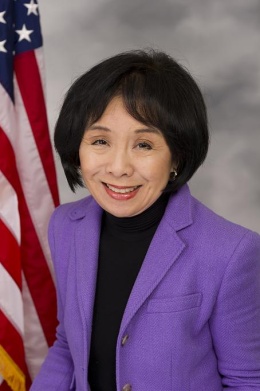 Media
Media
